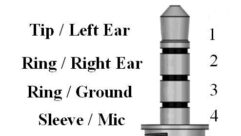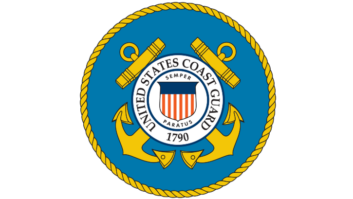

A reader who saw the announcement of Radio World’s “Cool Stuff” Award winners online posted a comment suggesting that in future, products must be “in stock and available for immediate purchase from the manufacturer” before qualifying to win.
He said two winners caught his eye and he was disappointed to learn that they weren’t yet shipping.
I was pleased to know that he took our list and immediately started shopping with it; I replied online to his comment.
I’ve given a lot of thought to such stipulations over the years. Our judges do in fact consider the quoted delivery timetable, as well as a company’s history in meeting past promised shipment dates. However the judges don’t flatly rule out products that aren’t yet shipping.
A key purpose of the NAB Show floor is to exhibit products that are new on the market or coming soon. Some of the best new gear in radio is developed right at the wire before NAB and doesn’t ship for some weeks or months. Many reputable manufacturers introduce deserving products but quote delivery dates in summer or fall.
I agree that we run the risk that a product may not ship for much longer; it has happened. It’s hard to make the determination in advance, though the judges try. A product may even turn out to have been vaporware, though this is infrequent.
In my view, it would be worse to issue a hard rule that a product must be in stock and shipping as of show time. This could undercut a main point of the awards: to recognize innovative new stuff coming into the market.
However, I also feel that if a company consistently introduces products that don’t ship for an extended period, they deserve the reputation they get for not delivering on their promises.
Throughout this issue, you’ll find details about this year’s award winners. Mobile applications, powerful FM processors and economical choices in transmitters and consoles are among the trends. My thanks to our judges’ panel for their hard, otherwise unacknowledged work.
* * *
Should regulators be allowed to meet behind closed doors with representatives of industries they regulate?
It happens all the time in Washington, but two organizations have offered the bold idea that the Federal Communications Commission should eliminate the practice of allowing private meetings with commissioners and staff.
RW in PDF
Fans of Radio World’s digital edition, note that you can save it as a PDF. You can also read the issue offline on your desktop via Adobe AIR.
When you are in the digital edition, click on the Save icon, then follow the Save prompts to an info screen that gives you these options (the PDF option is near the bottom).
All readers can see the current and past issues of Radio World in digital edition form under the Resources tab of our website. The FCC had asked for suggestions on how to change the “ex parte” system under which private meetings are allowed (though they must be reported publicly).
Public Knowledge and the Consumer Federation of America offered three options: ban private, oral presentations to FCC staff from interested parties outright; appoint a “neutral third party” such as a staff member who is not involved in a proceeding to record the meeting; or start recording all meetings on video.
“In the age of YouTube and other online video services, where cameras and microphones are inexpensive and widely available, there is no reason why every oral ex parte presentation could not simply be recorded and made available to the public,” they wrote.
I am dubious whether these ideas will go anywhere. Even the most reform-minded bureaucrat will find it difficult to change the way business has been done. But count me as a supporter. If a company is affected by regulatory activity, if it has something to say to government regulators and can get FCC commissioners and staffers to open their door, we should insist that the door not be closed behind them. As citizens and taxpayers we have the right to know about these discussions, and not just in a two-sentence summary.













